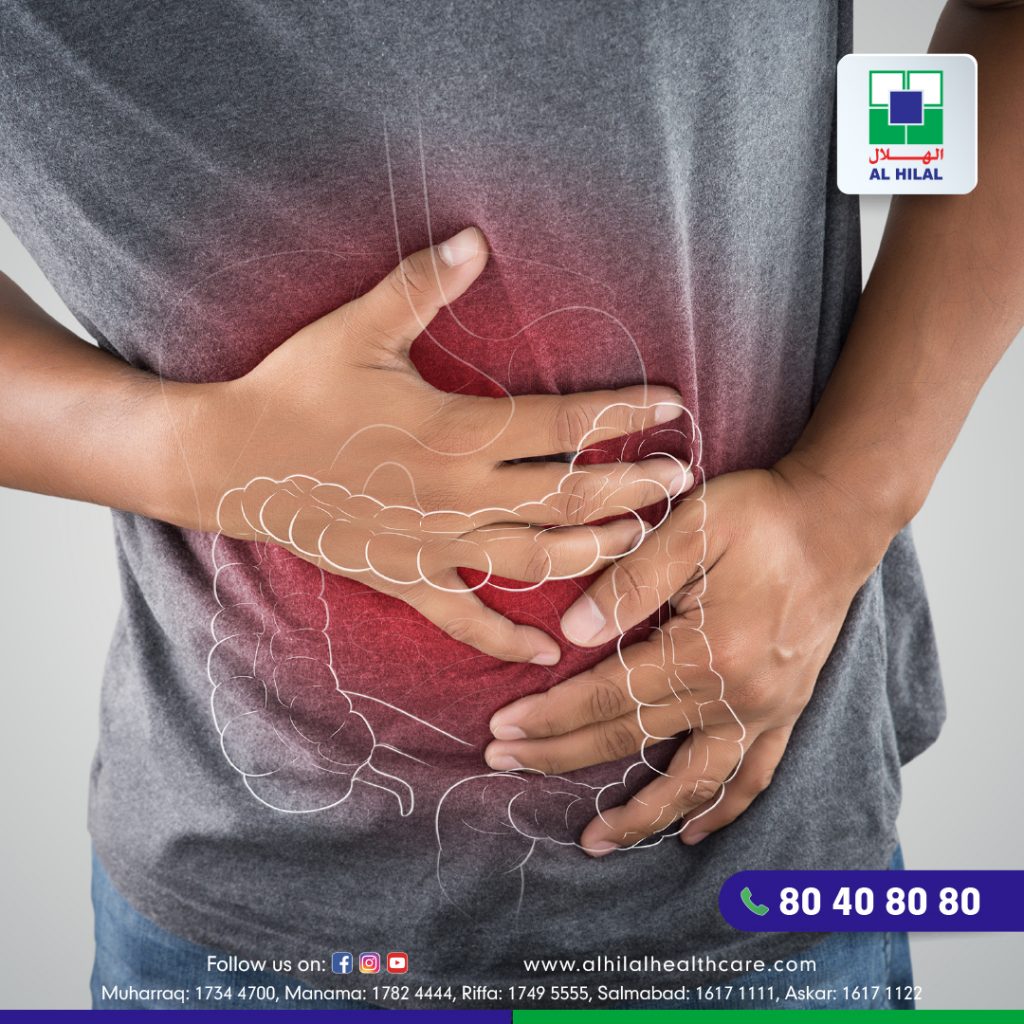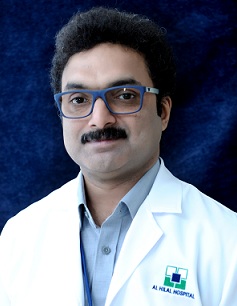Diarrhea is commonly defined as three or more loose or watery stools per day. Nearly everyone will have an episode of diarrhea at some point during their life, with the average adult experiencing it four times per year. Although most cases of diarrhea resolve within a few days without treatment, it’s important to know when to seek help. It might occur alone, or with other symptoms, including vomiting, nausea, weight loss and abdominal pain. Diarrhea generally lasts only for a few days- if it continues for multiple days or weeks, it might be an indication of some other underlying problem.

Definition of diarrhea according to the duration of symptoms:
- Acute – 14 days or fewer in duration
- Persistent diarrhea – more than 14 but fewer than 30 days in duration
- Chronic – more than 30 days in duration
Invasive diarrhea, or dysentery, is defined as diarrhea with visible blood or mucus, in contrast to watery diarrhea. Dysentery is commonly associated with fever and abdominal pain.
For consultation regarding diarrhea or any other internal disease, contact Al Hilal Hospital, Department of Internal Medicine today and get an appointment with the best Internal Medicine doctor in Bahrain.
Our representatives are also available on WhatsApp helpline, in Al Hilal Manama, Salmabad, Riffa and Muharraq branches, for your convenience. We also offer exclusive packages and privilege cards for additional benefits- to provide affordable yet exceptional healthcare services to all our patients.
Diarrhea Causes
Diarrhoea can be caused by infections or a variety of other factors. The cause of diarrhea is not identified in most people, especially those who improve without treatment.
Diarrhea caused by infections usually results from eating or drinking contaminated food or water. Signs and symptoms of infection caused by viruses, bacteria or parasite usually begin 12 hours to four days after exposure and resolve within three to seven days. Diarrhea not related to an infection can occur as a side effect of antibiotics or other drugs, food allergies, gastrointestinal diseases such as inflammatory bowel disease, and other systemic or endocrine diseases .
Persistent and chronic diarrhea (diarrhea for a week or more) usually indicates:
- Inflammatory bowel disease- a condition in which gut becomes inflamed
- Irritable bowel syndrome (IBS)- that affects the normal functioning of bowel
These two conditions can also lead to sudden watery diarrhea, which is a sign of intestinal infection. However, sudden watery diarrhea can also be caused by chronic conditions, including irritable bowel syndrome or inflammatory bowel disease. In most cases, watery diarrhea is only dangerous if it leads to extreme dehydration. The symptoms should go away within a few days, as the body gets rid of infection and the walls or intestine are repaired. However, for long-term watery diarrhea treatment, professional help might be required.
Click here for more information about methods to improve immunity against viruses– by Dr. Rahul Abbas, Consultant Internal Medicine (Al Hilal Hospital, Bahrain), and stay safe from the virus, bacteria and parasites causing diarrhea.
Diarrhea Symptoms
A person with diarrhea may be mildly to severely ill. Patients with mild illness may have a few loose bowel movements, but otherwise feel well. In contrast, patients with severe diarrhea may have 20 or more bowel movements per day, happening up to every 20 or 30 minutes. In this situation, a significant amount of water and salts can be lost, seriously increasing the risk of dehydration.
Diarrhea can also be accompanied by fever (temperature greater than 100.4°F or 38°C), abdominal pain, or cramping, vomiting, blood, or mucus in stools.
If you have any of the diarrhea symptoms mentioned above, contact Al Hilal Hospital, Department of Internal Medicine for early diagnosis and effective treatment. Our representatives are also available on WhatsApp helpline, in Al Hilal Manama, Salmabad, Riffa and Muharraq branches.
Diarrhea Complications- What is constant diarrhea a sign of?
It is often asked ‘what is constant diarrhea a sign of?’. Generally, it indicates the need of getting professional help.
If you are looking for watery diarrhea treatment, contact Al Hilal Hospital, Department of Internal Medicine today, and get consultation with our expert Internal Medicine doctors, for early diagnosis and effective treatment. Our representatives are also available on WhatsApp helpline, in Al Hilal Manama, Salmabad, Riffa and Muharraq branches, for your convenience.
Diarrhea Treatment
- Drink adequate fluids— If you have mild to moderate diarrhea, you can usually be treated at home by drinking extra fluids. The fluids should contain water, salt, and sugar. Oral rehydration solution (ORS), a specific mixture of glucose and sodium, is the best first-line treatment and is available in over-the-counter commercial preparations. Diluted fruit juices and flavoured soft drinks along with salted crackers and broths or soups can also be used.
One way to judge hydration is by looking at the colour of your urine and monitoring how frequently you urinate. If you urinate infrequently or have urine that is dark yellow, you should drink more fluids.
If you become dehydrated and are unable to take fluids by mouth, a rehydration solution can be given into a vein (intravenous fluids) in a health care provider’s office or in the emergency department.
Diet — There is no specific food or group of foods that is best while you have diarrhea. If you do not have an appetite, you can drink only liquids for a short period of time. Boiled starches and cereals, for instance, potatoes, noodles, rice, wheat, and oats with salt are recommended. If you have watery diarrhea; crackers, bananas, soup, and boiled vegetables may also be eaten. In addition, the following can also assist in treatment of diarrhea:
- Taking probiotics, that are present in certain food items, including cottage cheese, aged soft cheese, olives, and yogurt
- Take low-fiber diet, that includes white rice, bananas, boiled or baked potatoes
- Avoid high-fiber food, including fruits and vegetables that might cause bloating. These include berries, chickpeas, cabbage, tea, alcohol, coffee, and corn.
Diarrhea – when to seek medical care
It’s important to consult your doctor if the diarrhoea is particularly frequent or severe, or associated with other symptoms, such as:
- blood in stools
- persistent vomiting
- a severe or continuous stomachache
- weight loss
- signs of dehydration – including drowsiness, passing urine infrequently, and feeling lightheaded or dizzy
- your stool is dark or black – this may be a sign of bleeding inside your stomach
- if diarrhea persists for longer than 14 days
. In most cases, diarrhea should be cured within a week. In cases where diarrhea continues for weeks, even after home remedies, or is causing dehydration, the patient must seek professional medical help- as the condition might have underlying causes and can get serious.
Click here for more information about methods to improve immunity against viruses– by Dr. Rahul Abbas, Consultant Internal Medicine (Al Hilal Hospital, Bahrain), and stay safe from the virus, bacteria and parasites causing diarrhea.
Al Hilal Hospital, Department of Internal Medicine
If you have symptoms of persistent diarrhea or dehydration, consult an expert Internal Medicine Doctor at the earliest. At Al Hilal Hospital, Department of Internal Medicine, we have highly qualified and experienced doctors, modern equipment, and state-of-the-art laboratories, to provide early detection and treatment options for all the patients.
Contact Al Hilal Hospital, and get consultation with the best Internal Medicine Doctor for diarrhea as well as other internal diseases. For your convenience, our representatives are also available on WhatsApp helpline, in Al Hilal Manama, Salmabad, Riffa and Muharraq branches.
We also offer exclusive packages and privilege cards for additional benefits, to provide affordable yet exceptional healthcare services to all our patients.


